By Poh Yu Khing, Sport & Performance Psychologist
There are two major psychological barriers that prevent us from performing at our full potential more frequently – self-limiting beliefs and the fear of failure.
The diagram below shows a “performance barometer”. As we try to strive for maximum performance, we could be either be held down by fear of failure, or prevented from going higher by self-limiting beliefs.
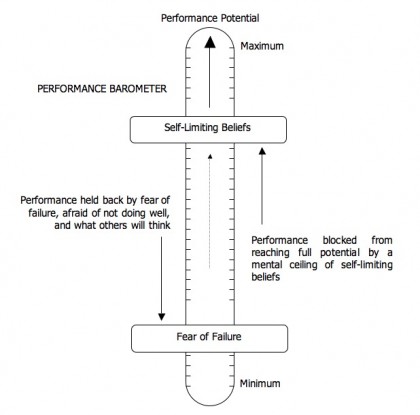
Self-Limiting Beliefs
Many of us hold on to self-limiting beliefs without even realising it. If I am a swimmer and think that because I feel tired and therefore will not be able to swim my best, then that will cause me to not swim my best already.
There will, of course, be days where we do not feel 100% fine. We are all humans after all. However, if we need everything to be 100% perfect before we believe that it is possible for a good performance, than we will never perform to our potential. If we are looking for reasons not to feel good, we will almost always find them. There are very few absolutely perfect days in sports, and waiting for one is pointless. Feeling good is not something that we wait to happen to us. Feeling good is something we decide to do regardless.
Rather than looking for reasons why we might not do well, the mindset we should take is, “Even though I do not feel 100% today, it’s ok, I am still going give it my all and see what happens.” Instead of placing a mental ceiling on our performance, we should have open expectations about performance – “I’ll put in my best effort and who knows what could turn out.”
Fear of Failure
The second area is fear of failure. Michael Jordan says, “I can accept failure, everybody fails at something, but I cannot accept not trying.” Champion athletes have a unique way of thinking. They seek out challenges. They hate losing but are not afraid to lose. Champion athletes dare to lose in order to win. They do not fear failure.
Some of us are motivated by fear of failure. We try very hard not to lose. We focus on the not losing instead of winning. The harder we try, the worse our performance becomes, and this creates even more stress, pressure and fear. Do we live our lives out of fear – fear of failure, fear somebody not being happy, fear of what others may think of us?
The main cause of the fear of failure is from the fear of falling short of other people’s expectations. Failing in the eyes of others is one of the worst experiences of all, and this has impeded the performance and progress of many an athlete.
Some of us then unconsciously equate failure at a skill or activity with our own failure as a person. But this is absolute rubbish. If I’m not good at a certain skill, it does not make me a useless person overall.
So take on a "dare to try" and "dare to fail" attitude. Champions are those who hate failing, but are not afraid to fail. Start to think like a champion today. Strive to succeed by putting in 100% commitment and effort into our training and improving our skills. On competition day, whatever the outcome, remind yourself that the most important thing is to stand up to the challenge and to have tested yourself and stretched your capabilities. If we do not succeed at first, that serves as the best form of feedback for us to train harder, and to train smarter. Be not afraid to try and fail, be only afraid of failing to try.
Realise that our parents, coaches, friends etc will still love and respect us for who we are regardless of whether we won or lost the competition. They will respect us if they see that we are fully committed to training and improving your skills. They will respect us for the passion and the desire. They will love and respect us for the person that we are regardless of what we manage to achieve.
So go ahead: DARE TO TRY!
Poh Yu Khing was formerly the Head of Sport Psychology at the Singapore Sports Council as well as a national badminton player. In his spare time outside of his day job, he enjoys consulting with athletes and performers as a freelance sports & performance psychologist. He was also the author of a regular "Golfing Mind" column in the local GOLF magazine.

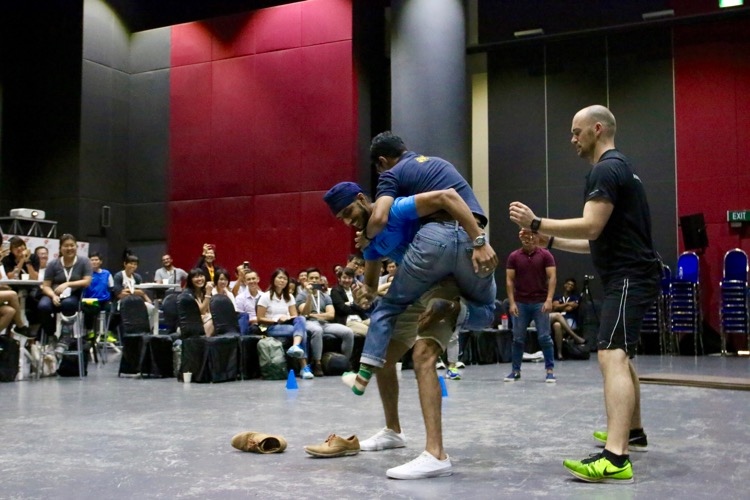

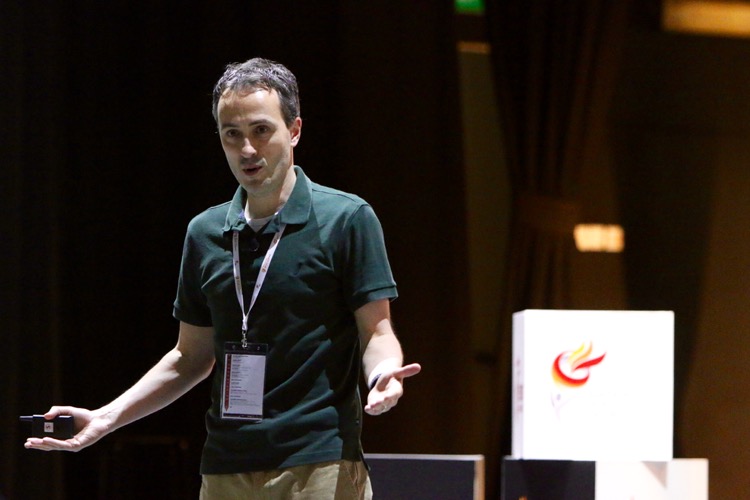
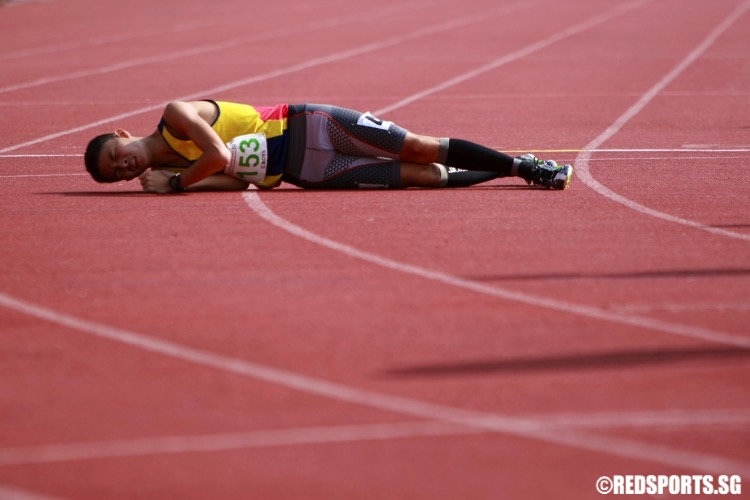
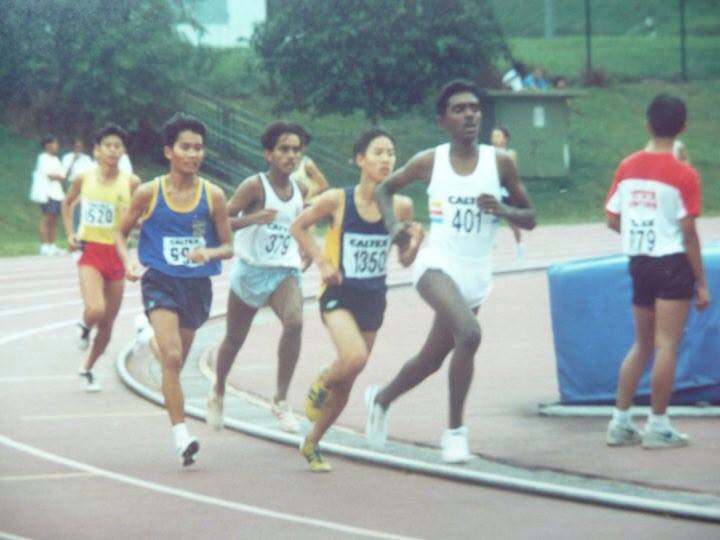
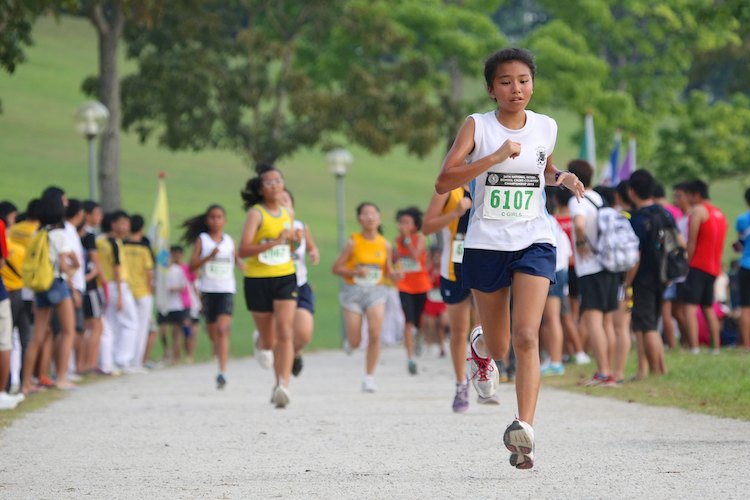
Leave A Comment